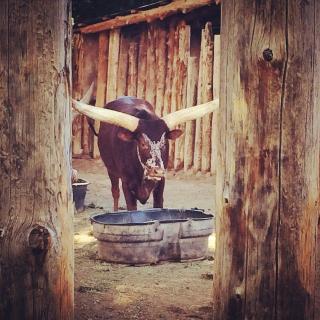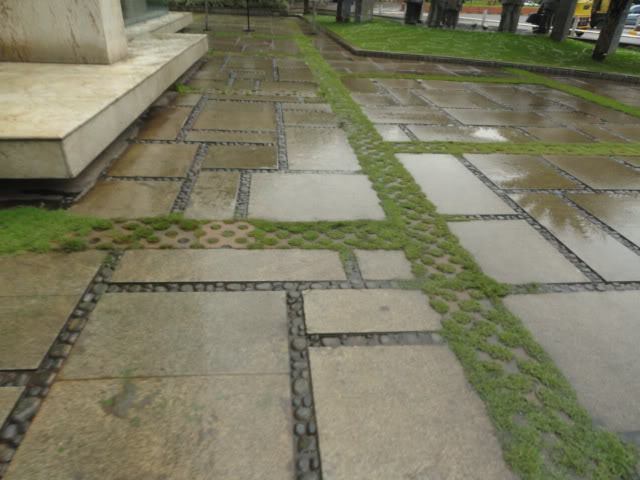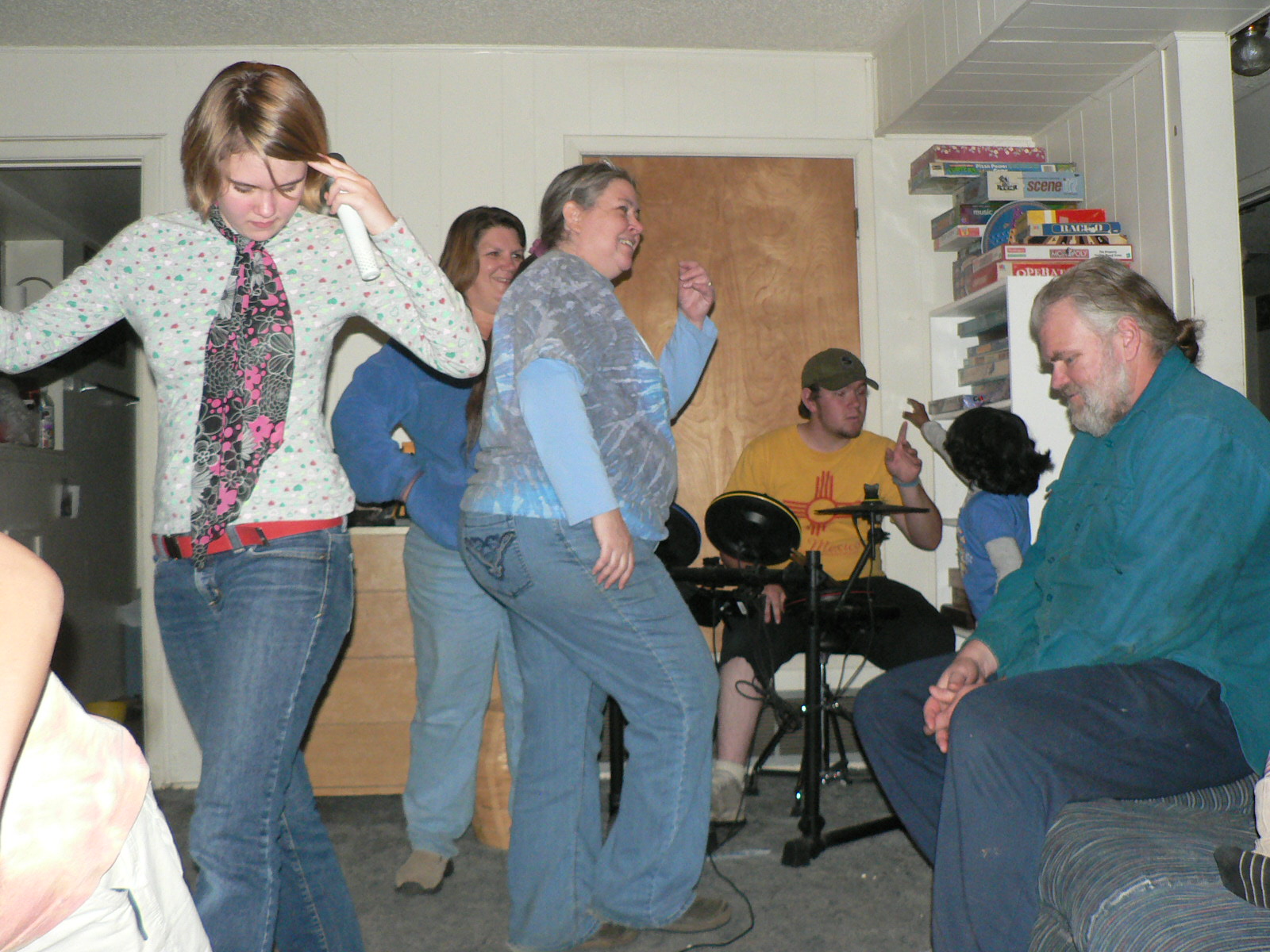
If beginners don't go through a phase in which they REALLY focus on seeing learning outside of academic formalities, they will not be able to see around academics.
photo by Lisa Jonick
__

It seems to me that "phonics" essentially serves the purpose of "teaching" a child to read before he's ready and fully grasps context and meaning. I know that I can read Spanish, which is a much more consistently phonetic language than English, complete with accent and everything, and literally not understand one bit of what I'm saying.I remember being tested separately for "reading" and reading comprehension. If one can't understand the words and phrases, then isn't it just decoding with an internalized phonics decoder ring?
What ways have you found to continue your own learning? What kinds of things have you gotten interested in since having kids?Sandra Dodd's response:
My kids have introduced me to music, movies, games and humor I wouldn't have known otherwise. It's been wonderful. Kirby moved nearly two years ago, but he still sends me recommendations for things to see and hear. I've met lots of unschoolers and their children, and corresponded with 20 times as many; from them I've learned more and more about unschooling.
We don't have the television on all day.
You live there too, but if your priority is your children's learning, then limiting input is going to make that more difficult.

